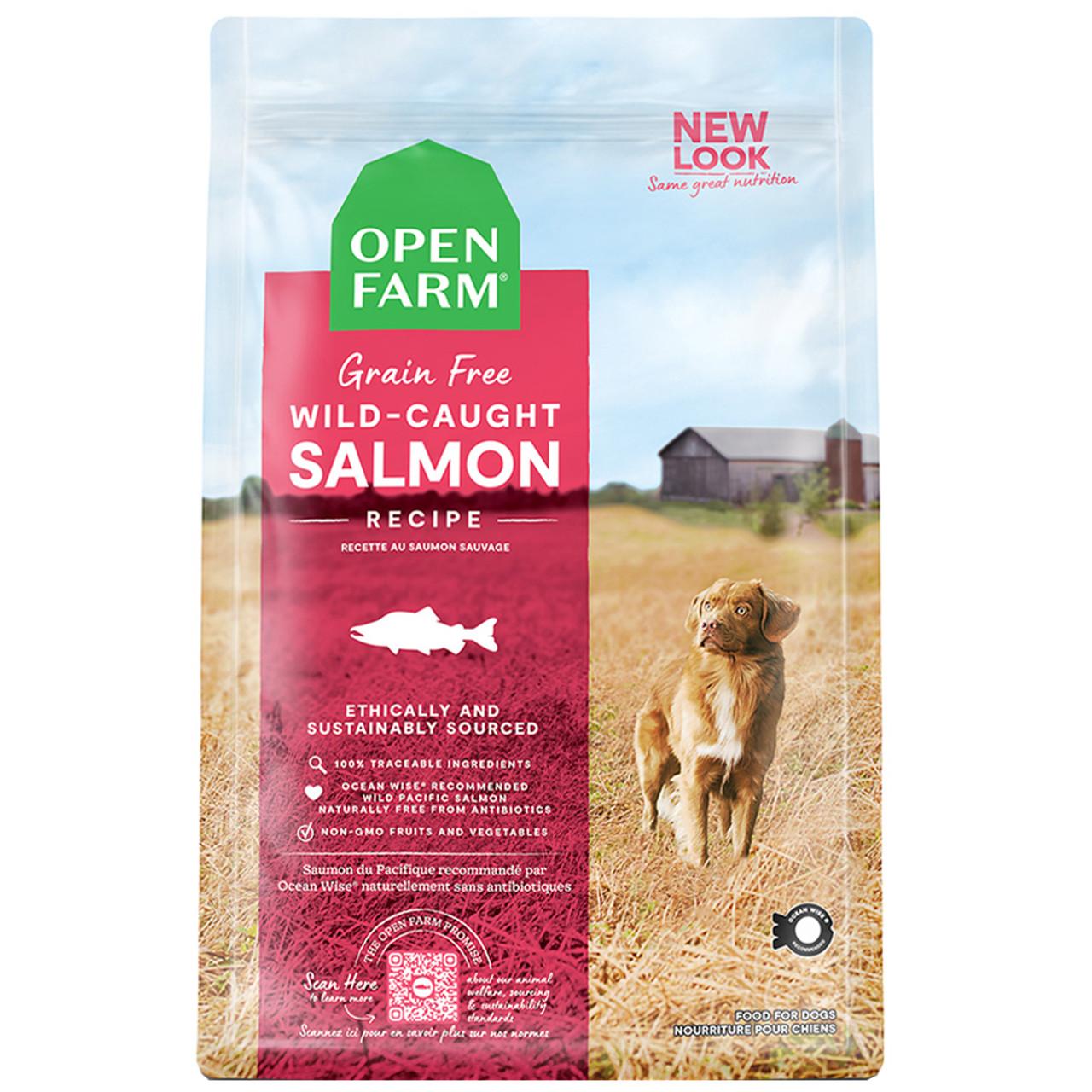As pet owners, we strive to provide our furry companions with the best care possible, ensuring their happiness and health. For dogs with allergies, finding the right diet can be a crucial part of managing their symptoms and improving their quality of life. Grain-free dog food has emerged as a popular option for addressing dietary sensitivities, offering a wholesome alternative that focuses on eliminating common allergens. In this article, we will explore the benefits of grain-free diets for dogs with allergies, helping you make informed decisions about your pet’s nutrition. Whether you’re new to this dietary approach or seeking to refine your dog’s meal plan, we’ll guide you through the essentials with warmth and clarity, ensuring your beloved canine enjoys a balanced, allergy-friendly diet.
Understanding Canine Allergies and Their Dietary Needs
When it comes to addressing the dietary needs of dogs with allergies, understanding the root cause is essential. Canine allergies can manifest in various forms, from skin irritations to digestive issues. Many pet owners are turning to grain-free options as a potential solution, aiming to eliminate common allergens found in grains. These specialized diets focus on offering high-quality protein sources and nutrient-rich ingredients that cater to sensitive stomachs and skin. If you’re considering this dietary change for your furry friend, look for options that highlight:
- Novel Proteins: Proteins like venison, duck, or salmon can be less likely to trigger allergic reactions.
- Limited Ingredients: Diets with fewer components can help isolate and identify specific allergens.
- Natural Preservatives: Avoid artificial additives that might exacerbate allergy symptoms.
- Omega Fatty Acids: These can support skin health and reduce inflammation.
By focusing on these elements, you can help ensure your dog receives the nutrition they need without the discomfort of allergy flare-ups. Remember, it’s always a good idea to consult with a veterinarian to tailor a diet that best suits your dog’s unique needs.
Exploring the Benefits of Grain Free Diets for Sensitive Dogs
For dogs with allergies, switching to a grain-free diet can often bring much-needed relief. Grain-free dog foods are formulated without wheat, corn, or soy, which are common allergens for many dogs. By eliminating these grains, you can reduce the risk of triggering allergic reactions such as itching, skin irritations, and digestive issues. Instead, these diets often include alternative carbohydrate sources like sweet potatoes or peas, which are not only nutritious but also gentle on sensitive stomachs.
- Improved Digestion: Grain-free diets can help regulate your dog’s digestive system, reducing bloating and gas.
- Healthier Skin and Coat: By avoiding common allergens, dogs often experience reduced skin irritations and a shinier, healthier coat.
- Increased Energy Levels: Many owners notice that their dogs have more energy and vitality after switching to a grain-free diet.
- Weight Management: These diets often contain higher protein levels, which can aid in maintaining a healthy weight.
Choosing the right diet for your furry friend can make a significant difference in their quality of life. Always consult with a veterinarian to ensure that a grain-free diet is the best option for your dog’s specific needs.
Key Ingredients to Look for in Grain Free Dog Food
When selecting the best grain-free dog food for your furry friend with allergies, it’s essential to focus on ingredients that not only meet their nutritional needs but also support their overall health. High-quality protein sources should be at the top of your list. Opt for options like chicken, turkey, beef, or fish, as these are easily digestible and provide the essential amino acids dogs need for muscle maintenance and energy. Novel proteins such as duck or venison can also be beneficial for dogs with specific protein allergies. These alternatives are less likely to trigger allergic reactions, making them a smart choice for sensitive pups.
- Healthy Fats: Look for foods that include omega-3 and omega-6 fatty acids, such as those found in fish oil or flaxseed. These fats are not only vital for a shiny coat and healthy skin but also help in reducing inflammation.
- Digestible Carbohydrates: Ingredients like sweet potatoes, peas, or lentils provide the necessary carbohydrates without the grain. These are excellent sources of energy and fiber, supporting your dog’s digestive health.
- Vitamins and Minerals: Ensure the food includes a balanced mix of essential vitamins and minerals, such as vitamin E, zinc, and selenium, to support immune function and overall well-being.
Remember, the best grain-free dog food will offer a blend of these key ingredients to ensure your dog receives a complete and balanced diet, while also managing their allergies effectively.
Expert Tips for Transitioning Your Dog to a Grain Free Diet
Transitioning your dog to a new diet can be a delicate process, but with a little patience and the right approach, it can be a smooth experience for both you and your furry friend. Here are some expert tips to ensure a successful transition to a grain-free diet:
- Gradual Change: Start by mixing a small amount of the grain-free food with your dog’s current food. Over a period of 7-10 days, gradually increase the grain-free portion while decreasing the old food. This helps your dog’s digestive system adjust without causing discomfort.
- Monitor Reactions: Keep a close eye on your dog for any changes in behavior, stool consistency, or energy levels. It’s important to note improvements, as well as any potential adverse reactions.
- Consult Your Vet: Before making the switch, it’s wise to discuss your plan with a veterinarian, especially if your dog has specific health concerns. They can provide personalized advice and ensure the new diet meets your dog’s nutritional needs.
- Stay Consistent: Once the transition is complete, stick to the new diet consistently. Frequent changes in diet can upset your dog’s stomach and negate the benefits of going grain-free.
By following these guidelines, you’ll be supporting your dog’s health and wellbeing as they enjoy their new grain-free lifestyle.

